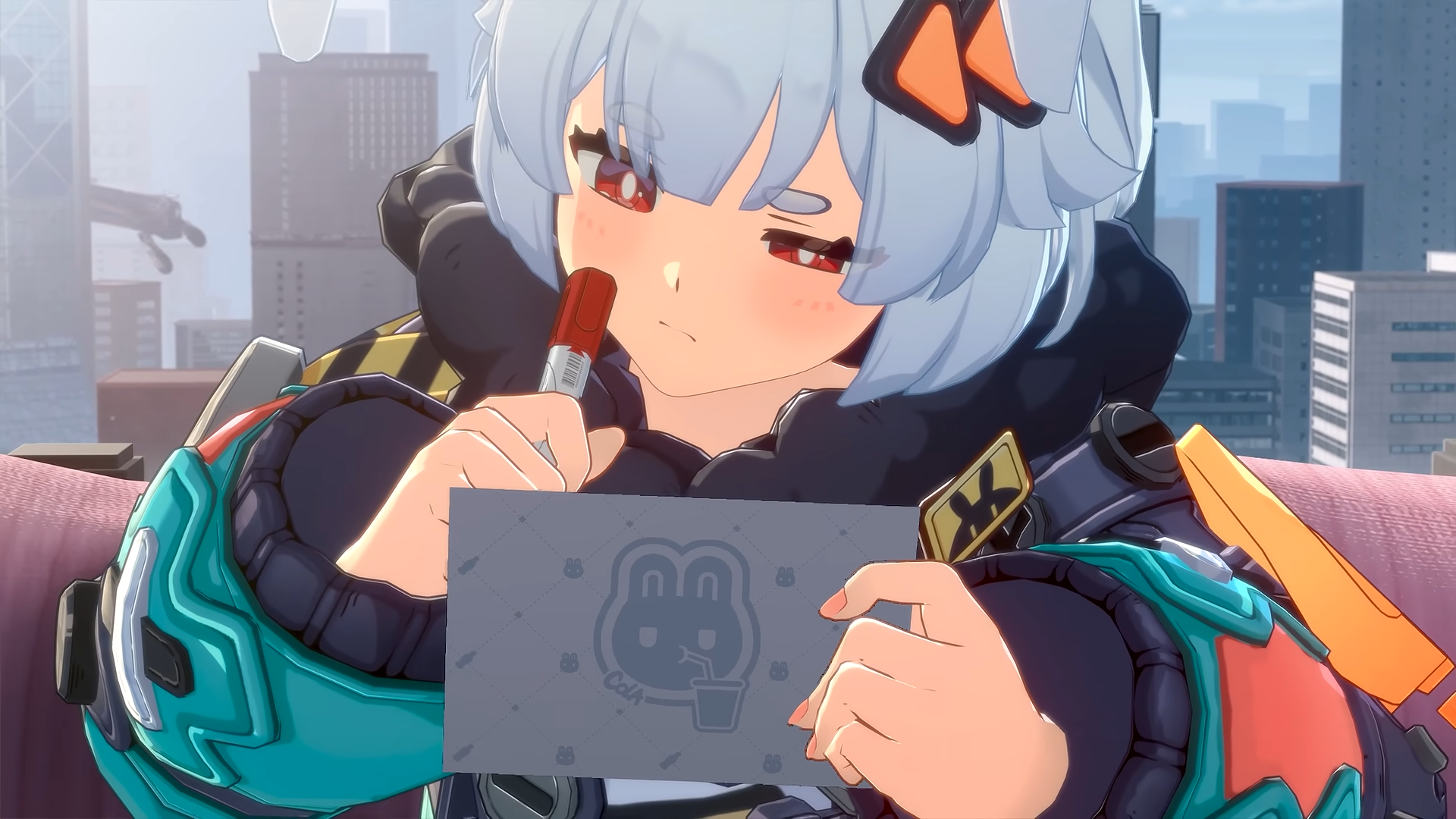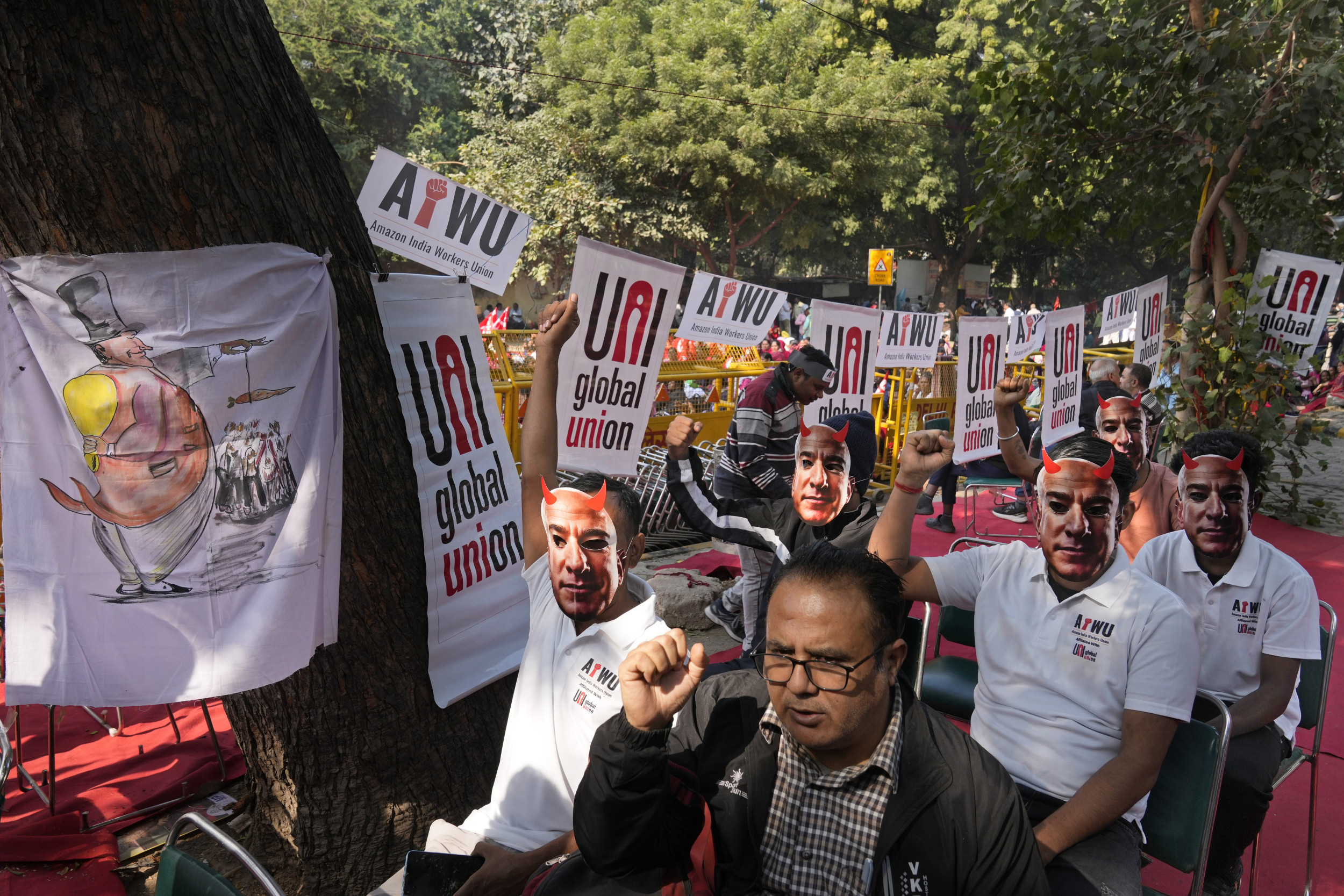A ceasefire between Israel and Hezbollah commenced on Nov. 27, 2024, aiming to halt 14 months of hostilities that began in October 2023. The agreement, brokered by the United States and France, mandates a 60-day cessation of violence.
Key provisions include Hezbollah withdrawing its fighters north of the Litani River and Israel gradually pulling back its forces from southern Lebanon. A multinational committee, led by the U.S., will oversee compliance, with Lebanese troops deployed to enforce the terms.
The conflict has inflicted significant losses on both sides. Hezbollah's leader, Hassan Nasrallah, was killed, and the group's military infrastructure suffered considerable damage. Israel has also faced casualties and displacement of civilians in its northern regions.
Israeli Prime Minister Benjamin Netanyahu stated that the ceasefire allows Israel to address other regional threats, including those posed by Iran, while remaining vigilant against potential violations.
Despite the ceasefire, concerns persist about its durability. Past agreements, such as the 2006 U.N. Resolution 1701, failed to fully disarm Hezbollah, leading to skepticism about the current deal's enforcement. The Lebanese army, weakened by economic challenges, faces difficulties in maintaining stability in the south. Many Lebanese citizens, eager for peace, worry about the potential for renewed conflict.
Newsweek has reached out to regional experts to assess the ceasefire's prospects and its implications for future stability in the Middle East.

Yezid Sayigh, Historian, Senior Fellow, Carnegie Middle East Center in Beirut
I doubt that Hezbollah will undermine the ceasefire, as it badly needs respite from the Israeli onslaught. So, the key factor affecting the ceasefire's durability could be Netanyahu's political calculus: might there come a moment when he has greater interest in undermining the ceasefire than in preserving it over the coming two months?
On the one hand, he faces significant domestic opposition to the agreement and must maneuver to keep his far-right partners on board so as to secure his tenure as PM and delay facing trial on criminal charges.
It will not help matters that Israel is now bogged down in a war in Gaza that has no end in sight, and that will erode his standing at home. This suggests that Netanyahu may have an interest in resuming armed conflict with Hezbollah and, potentially, escalating with Iran.
On the other hand, conversely, I can't really see why Netanyahu would have accepted a ceasefire with Hezbollah unless he's getting the message that U.S. president-elect Donald Trump wants the war to stop before his inauguration. If true, then Netanyahu's interest in maintaining good relations with Trump outweighs any other consideration and tilts the balance towards maintaining the ceasefire unless Hezbollah makes it impossible to do so.
Henri J. Barkey, Associate Professor, International Relations, Lehigh University
I think the ceasefire will hold. There will be violations, no doubt, as Hezbollah cannot control all of its militants. It is not a regular army. The reasons why it will hold are the following:
On the Israeli side, they have inflicted as much damage on Hezbollah as they could. From now on, it is a question of diminishing returns. The Israeli army, which is based on reserves, is exhausted. Netanyahu is also desperate to show tangible success, i.e., the return of the refugees from northern Israel back to their homes. Bibi has little to show so far; this is his only success. Ceasefire in the north puts pressure on Hamas.
More critical is Hezbollah's reasons. Lebanon has suffered enormously, but this was not the result of a decision made by the Lebanese government but by Hezbollah and probably Iran to start a war on the day after Hamas attacked Israel. It was a war of choice and a terrible miscalculation.
Among the Lebanese people, the traditional Hezbollah supporters, the Sh'ia, suffered even more. They, too, did not want this. It is also important to remember that Hezbollah started firing missiles and forcing Israelis to move out of the North in October 2023.
Still, the Israelis did not start their invasion until a year later, which means Hezbollah could have reconsidered and stopped firing missiles, drones, etc. They did not. Hezbollah is weakened and needs to confront the angry Lebanese, and it clearly did not make sense to continue fighting with most of their leadership and equipment destroyed. It has to show that it will rebuild destroyed villages and infrastructure.
James Gelvin, Middle East Scholar, Department of History at the University of California
There is a very good chance that the ceasefire between Israel and Hezbollah will hold. Hezbollah seems to have been a reluctant participant in the Israel-Hamas war. As a member of the Axis of Resistance—to which Hamas also belongs—Hezbollah couldn't have sat the conflict out.
But Hezbollah is part of the Lebanese political fabric and bringing death and destruction to Lebanon, particularly when Lebanon is going through an economic crisis, was not a wise or popular move.
After the pager incident, the assassination of Hezbollah leaders, the Israeli invasion of south Lebanon, and the Israeli bombing campaign, Hezbollah needs time to lick its wounds and rebuild.
As for Israel, the IDF has accomplished its goal of pushing Hezbollah back from Lebanon's border with Israel. While in the south Israel's untenable war aim is to destroy Hamas, Israel's war aim in the north was to weaken and displace Hezbollah.
The 60,000 Israelis evacuated from the north, at great expense, will be able to return to their homes. And the Israeli military will be able to concentrate on the southern front, which has always been the only front that really matters to Israel. Finally, the ceasefire reduces the IDF's manpower needs, and makes it possible to sidestep drafting ultraorthodox Israelis—a political minefield for Netanyahu.



















 English (US) ·
English (US) ·